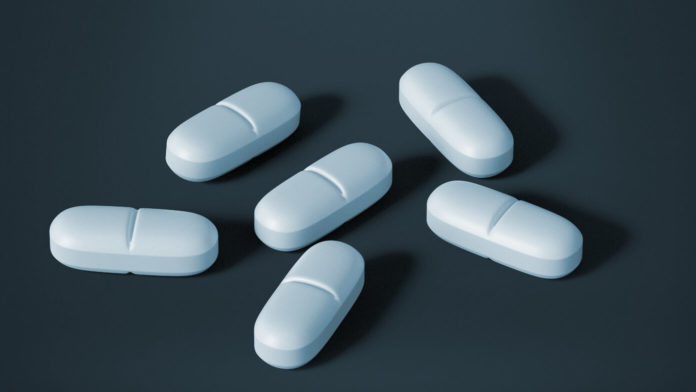As hospitals around the world are bracing for a surge of COVID-19 patients in the coming weeks, healthcare providers are desperate for a way to treat them.
The race is on to rapidly and rigorously test possible treatment options with clinical trials so that we know they’re safe and that they work. The more people we can treat before cases become critical, the better equipped our hospitals will be to meet the demand for care.
One of the drugs currently under investigation is an anti-malarial drug called hydroxychloroquine (HCQ). It has been approved by Health Canada for use to treat malaria for decades and has a good safety record. HCQ also been proven effective in treating certain autoimmune diseases like lupus.
But the mechanism of action against SARS-CoV-2 — the virus that causes COVID-19 — would be totally different. In the laboratory, HCQ appears to interfere with the ability of SARS-CoV-2 to bind to target cells. If true, that would mean that it can’t invade the new host cells that it needs to replicate, stopping the infection in its tracks.
But using it isn’t without risks. Its known side effects include cardiac arrhythmia, and so far there are only data from in vitro tests and a small observational trial with symptomatic patients in France. A slightly faster recovery rate was observed, but with a trial that size, it’s hard to know whether the difference was just by chance.
That’s why two North American clinical trials are looking to recruit thousands of test subjects in short order. Unlike the French study, these will be randomized controlled trials, with half the participants receiving HCQ, and the others receiving placebo.
The Canadian study, headed by Todd Lee at McGill University, will be run in parallel with the study developed by University of Minnesota researcher David Boulware. Partners at the University of Manitoba and University of Alberta will round out the Canadian team. Both countries will share their data to facilitate early analysis.
The Canadian trial is now recruiting volunteers in Quebec, Manitoba, and Alberta over the age of 18 in the early stages of COVID-19, or those with close exposure to individuals with COVID-19 like healthcare workers or household contact with someone with a confirmed diagnosis. The full eligibility requirements on listed on their website.
The study is entirely online/survey based because of the contagious nature of the disease. Participants will receive their drug or placebo by mail, and the researchers expect it will take four to six weeks to enroll enough participants, and another two to carry out the analysis. Considering that trials like this normally take months to plan, and months to implement, this is an incredibly aggressive timeline.
With the entire world racing towards treatment options in hopes of sparing lives, we’re about to find out for sure whether this one will work.
Editor’s note: the clinical trial has now concluded, and the hydroxychloroquine study found that the drug is no more effective than placebo.








































